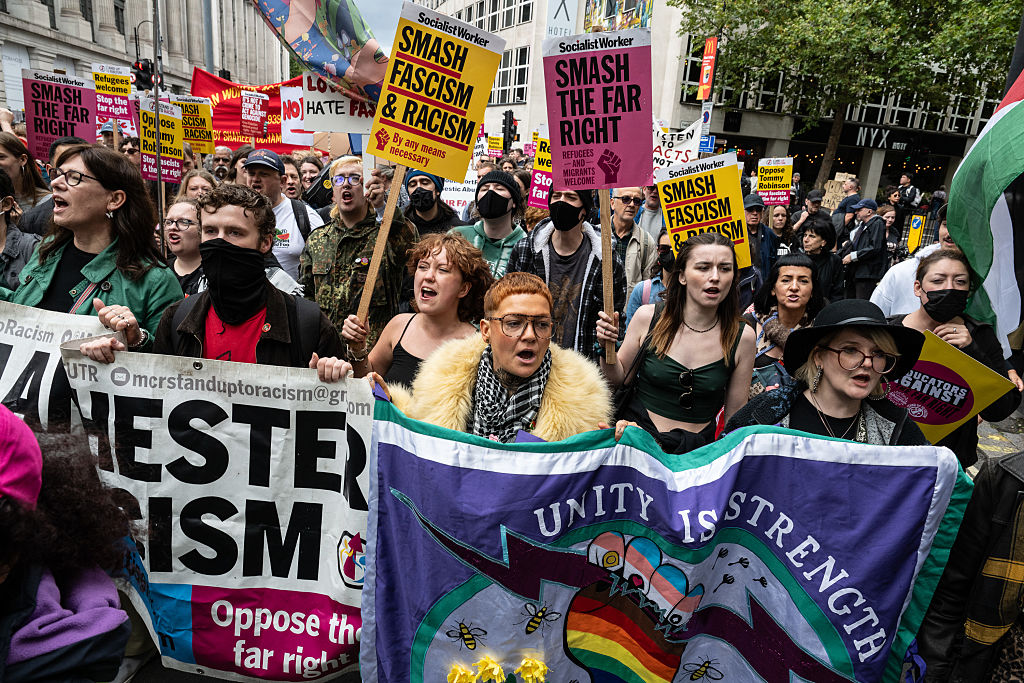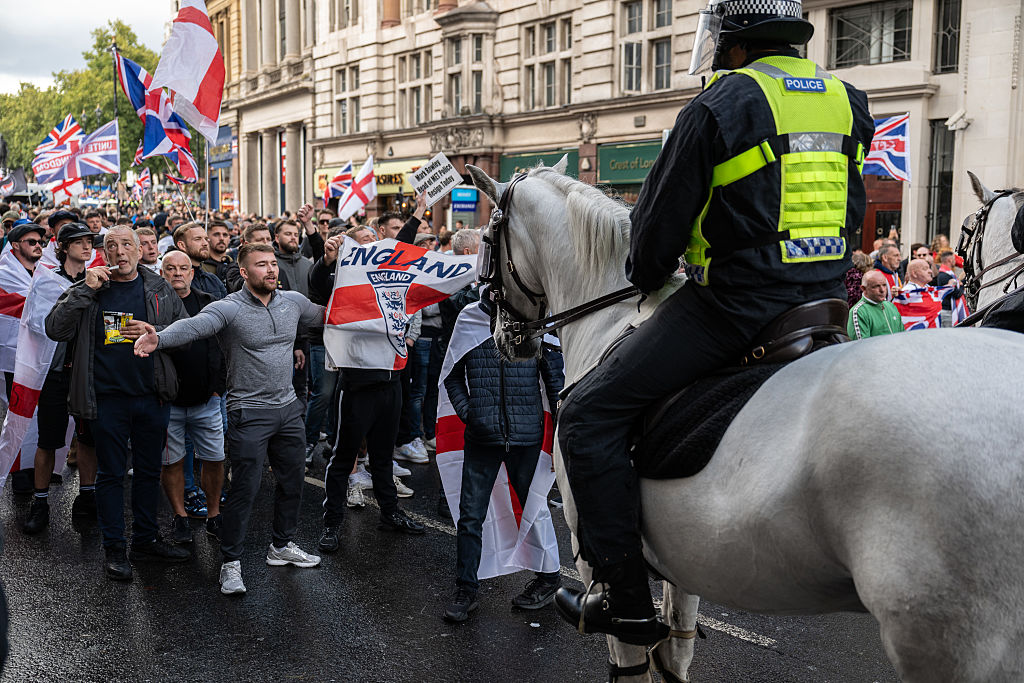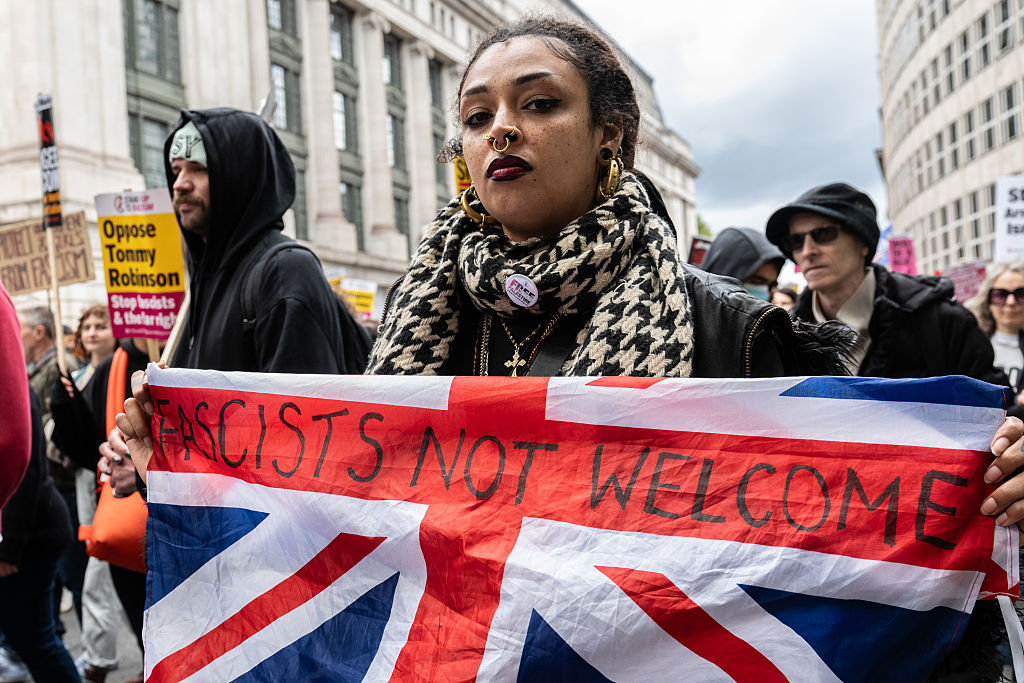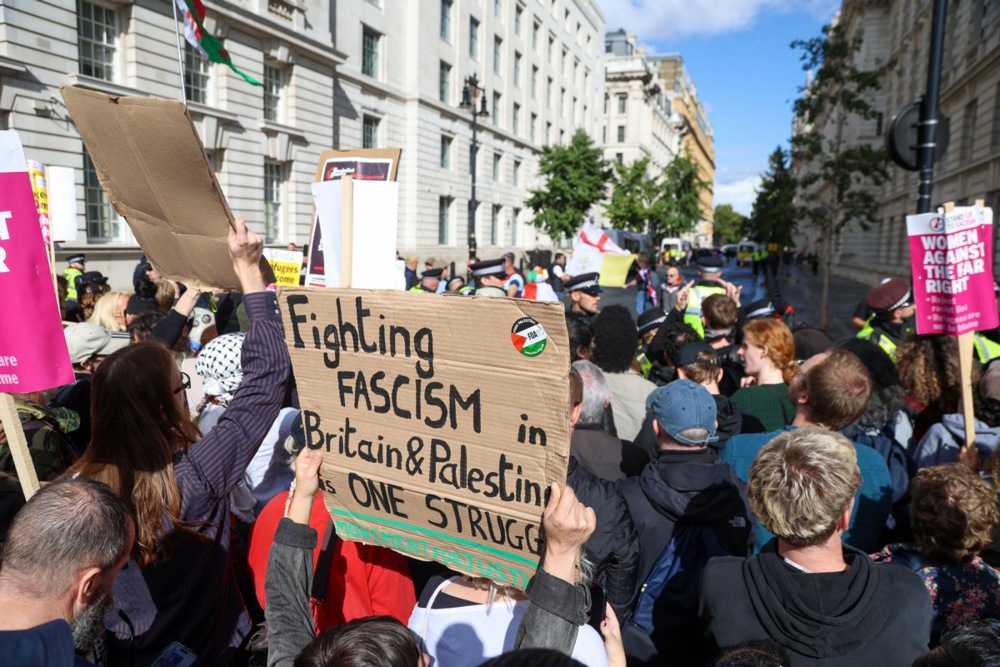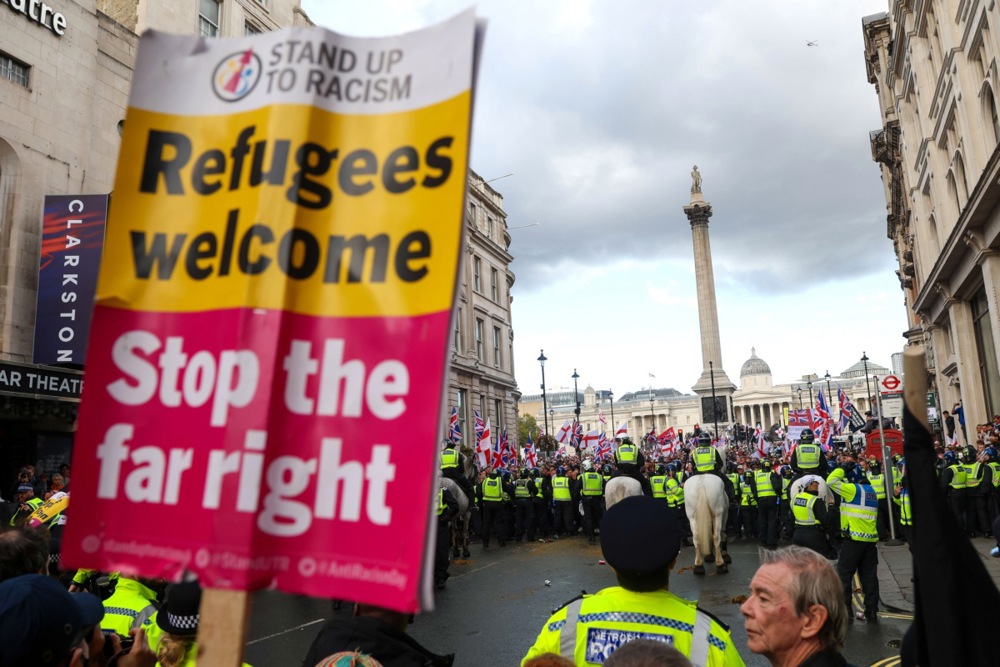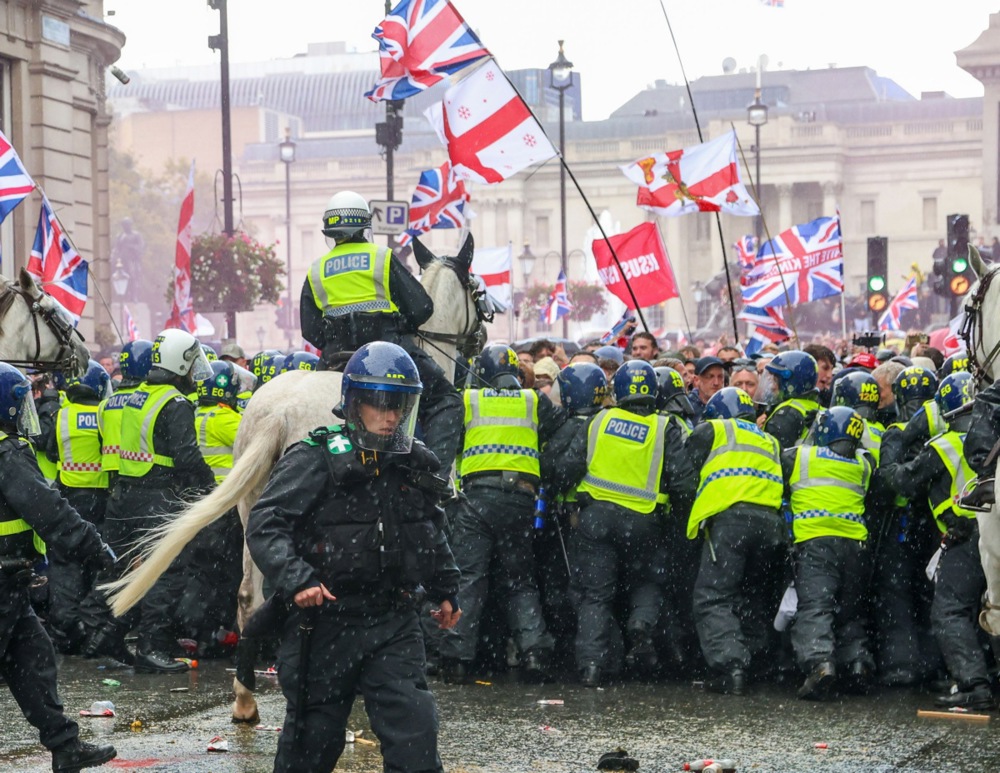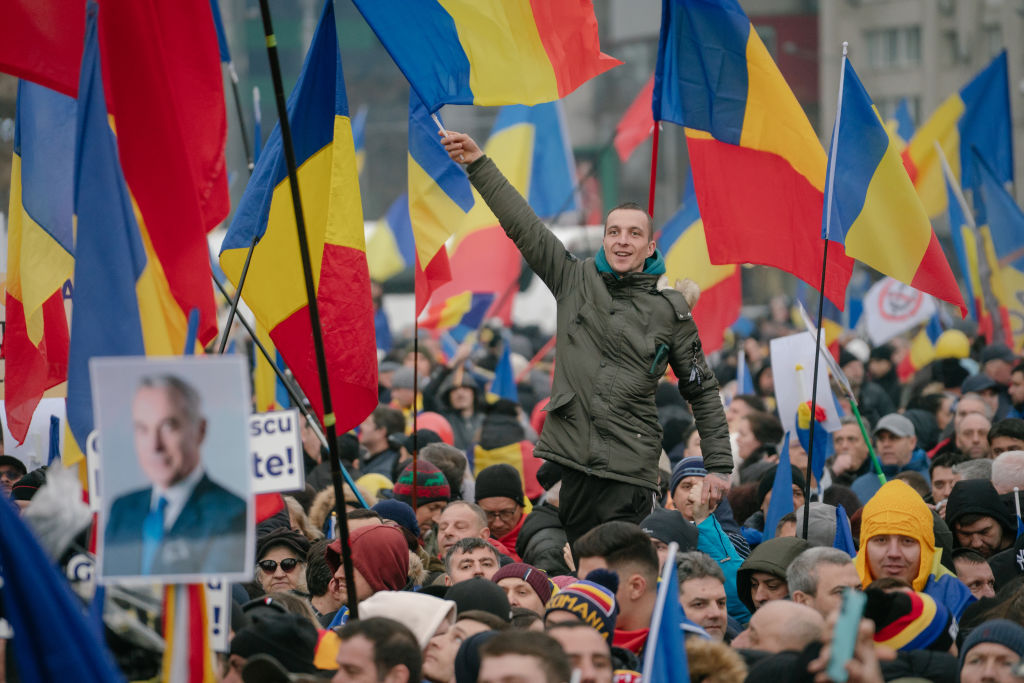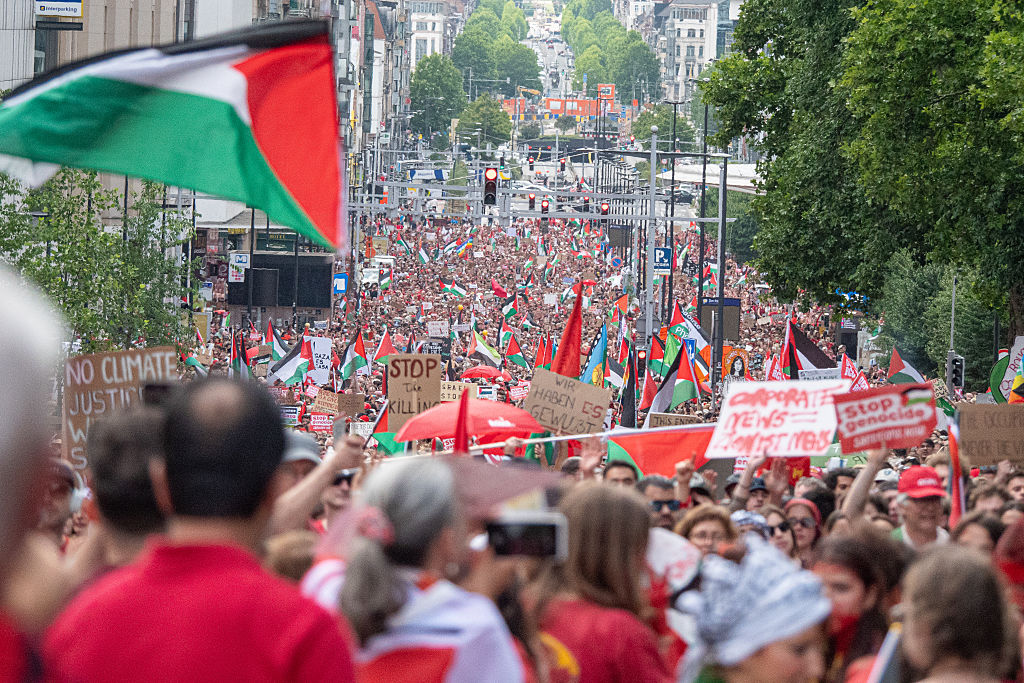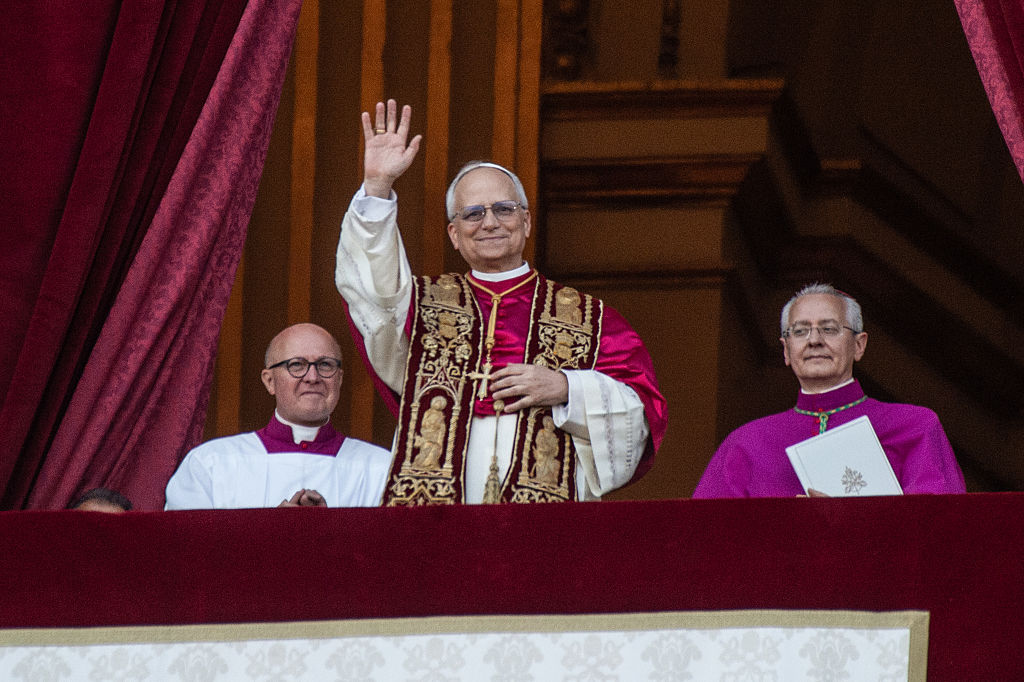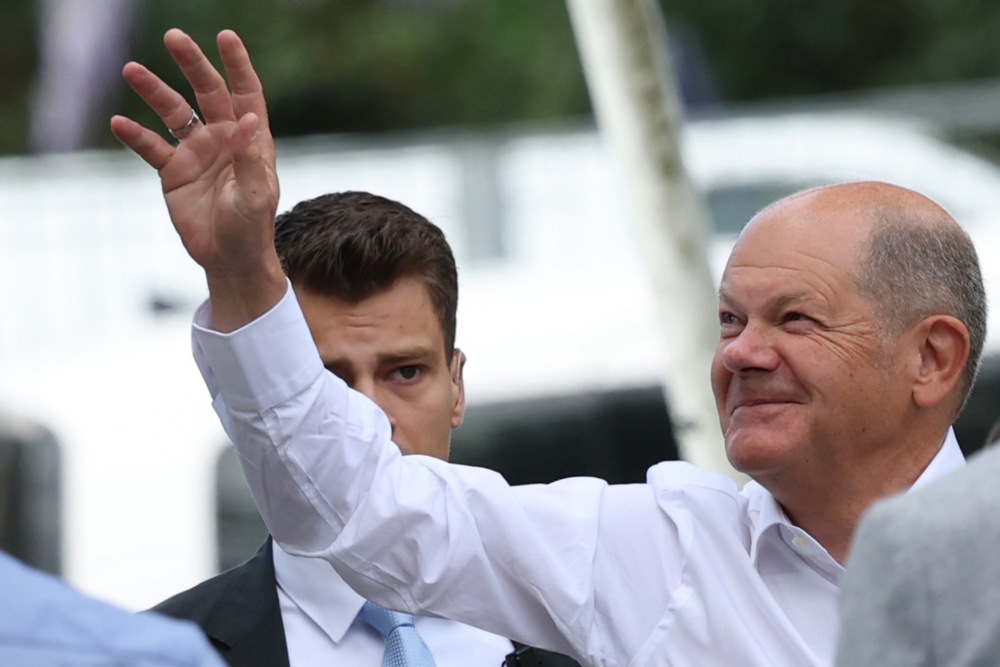A large number of protesters took to the streets of London for the Unite the Kingdom rally, spearheaded by anti-Islam campaigner and prominent right-wing activist Tommy Robinson.
Police estimated around 150,000 people attended the event on September 13, which was officially organised in defence of free speech but also drew those concerned about protecting British heritage, national identity and culture.
Since July, protests have been staged across the UK in response to immigration, as successive governments have failed to stem the high numbers of migrants arriving there.
In addition, citizens in August launched Operation Raise the Colours — a campaign encouraging the public display of Union Jacks, Saint George’s crosses and the flags of the other nations of the UK.
Taken together, these actions, along with broader public unease about the country’s direction, appear to have given the Unite the Kingdom rally momentum, despite the involvement of Robinson, a divisive figure.
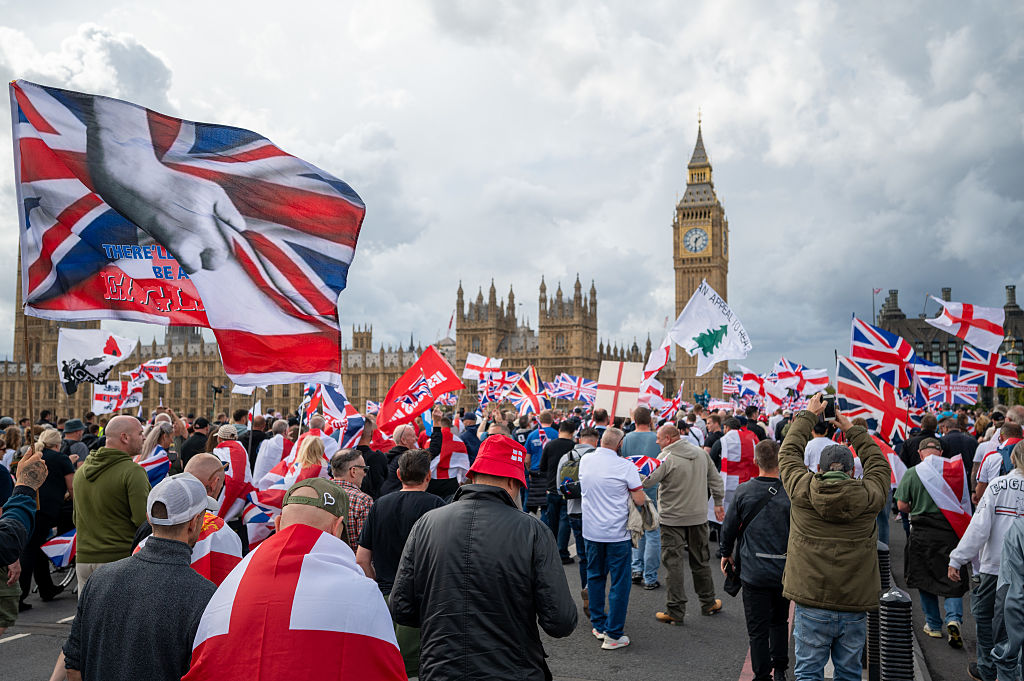
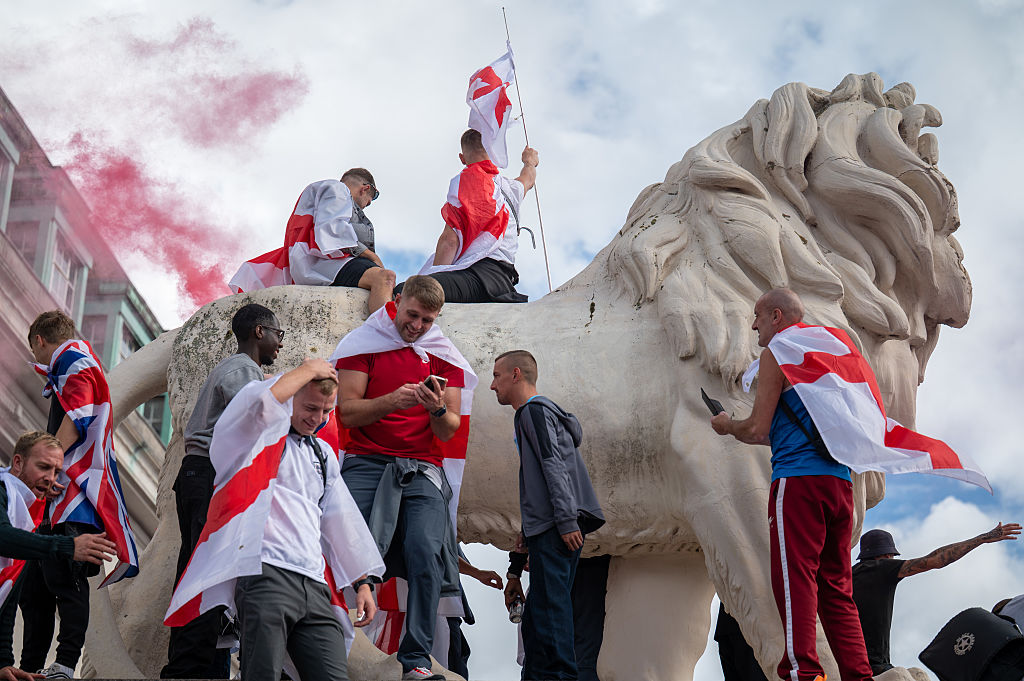
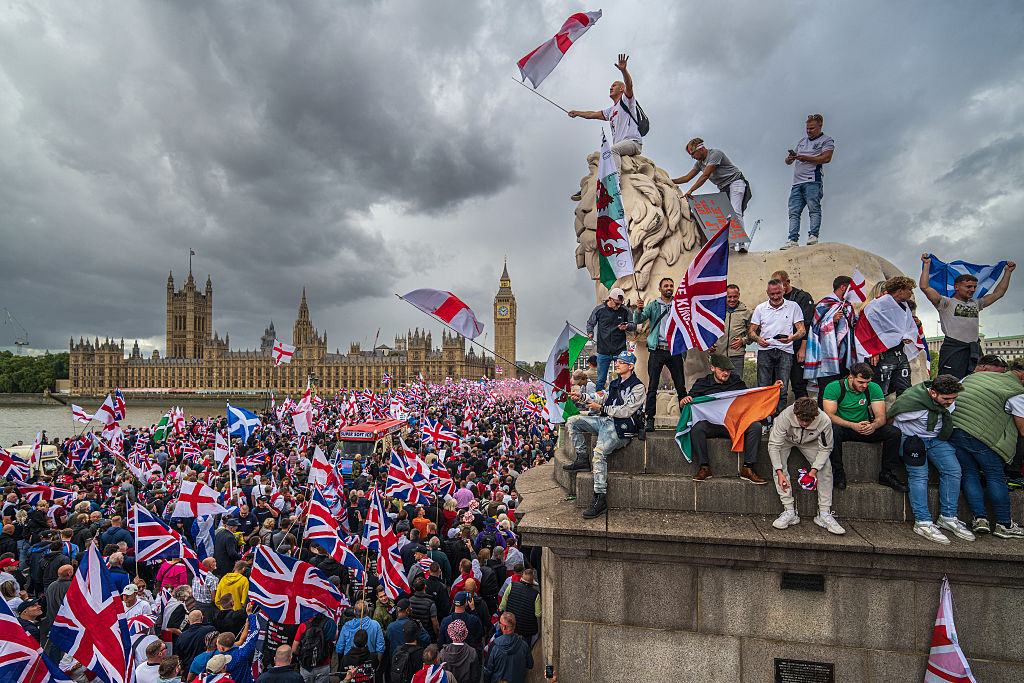
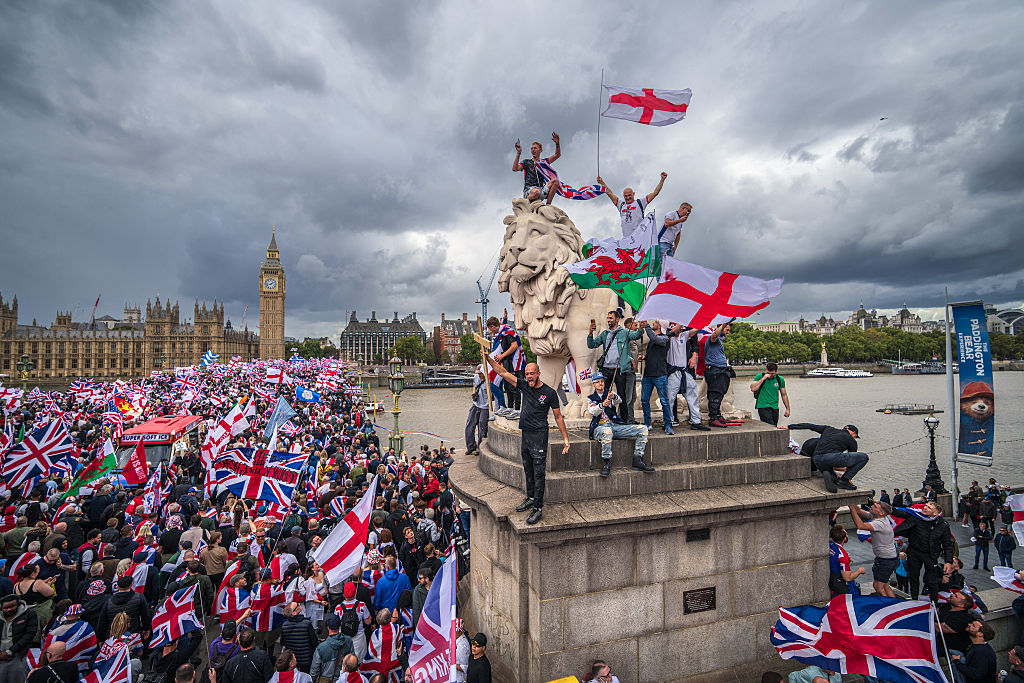
The police estimated 150,000 protestors, although organisers claimed much higher attendance. The rally was one of the largest demonstrations in modern British history, they said.
There were numerous references to the US political activist Charlie Kirk, who was fatally shot on September 10, as well as more religious expressions made by attendees.
For many of the demonstrators, Kirk’s death was regarded as a stark emblem of the global stakes in defending free expression – a theme amplified when US billionaire Elon Musk beamed in via video link. “Whether you choose violence or not, violence is coming to you,” the tech mogul warned, urging the crowd to “fight back or you die”.
Today, UK Prime Minister Keir Starmer’s office slammed Musk for using what it called “dangerous and inflammatory language”, AFP reported.
In his speech, Musk called for the dissolution of Britain’s parliament and the replacement of Starmer’s centre-left Labour government.
Starmer’s spokesman said: “The UK is a fair, tolerant and decent country and so the last thing the British people want is dangerous and inflammatory language, which threatens violence and intimidation on our streets.”
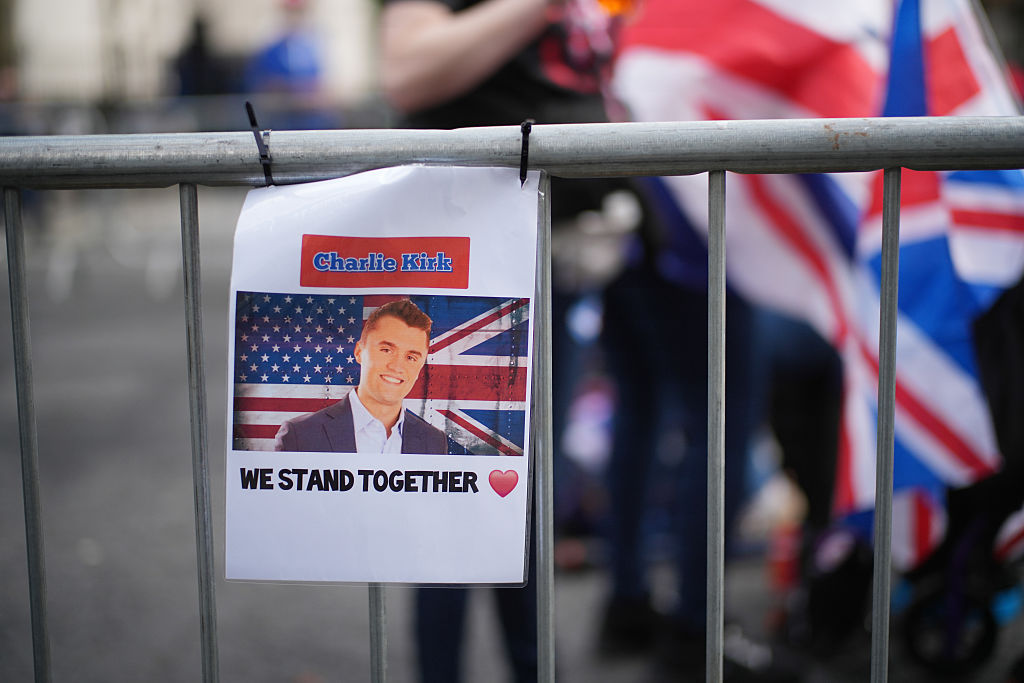
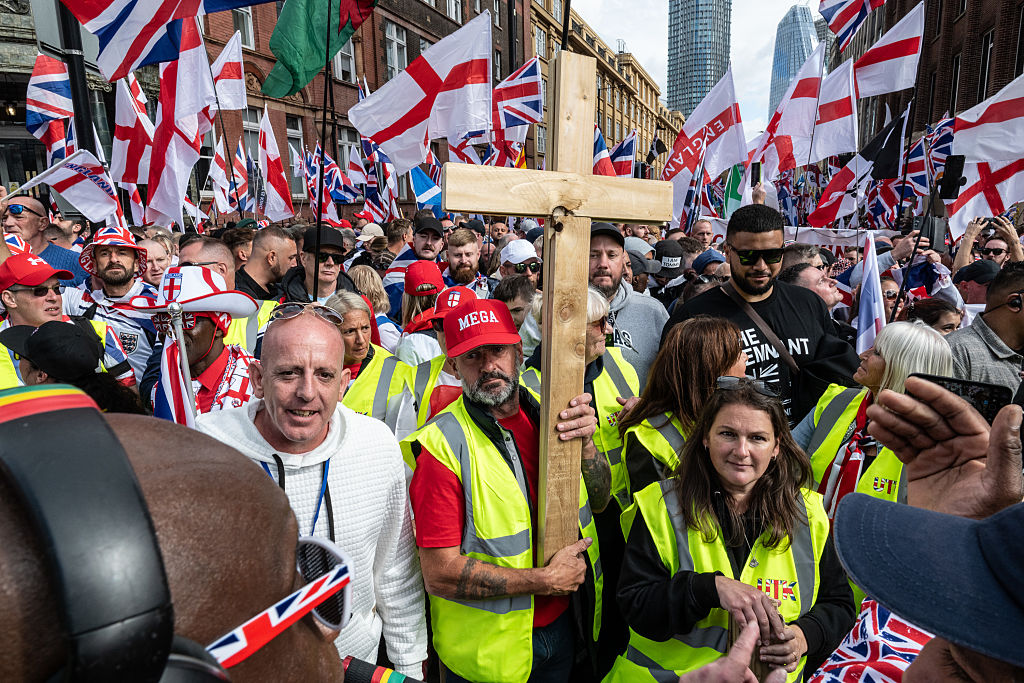
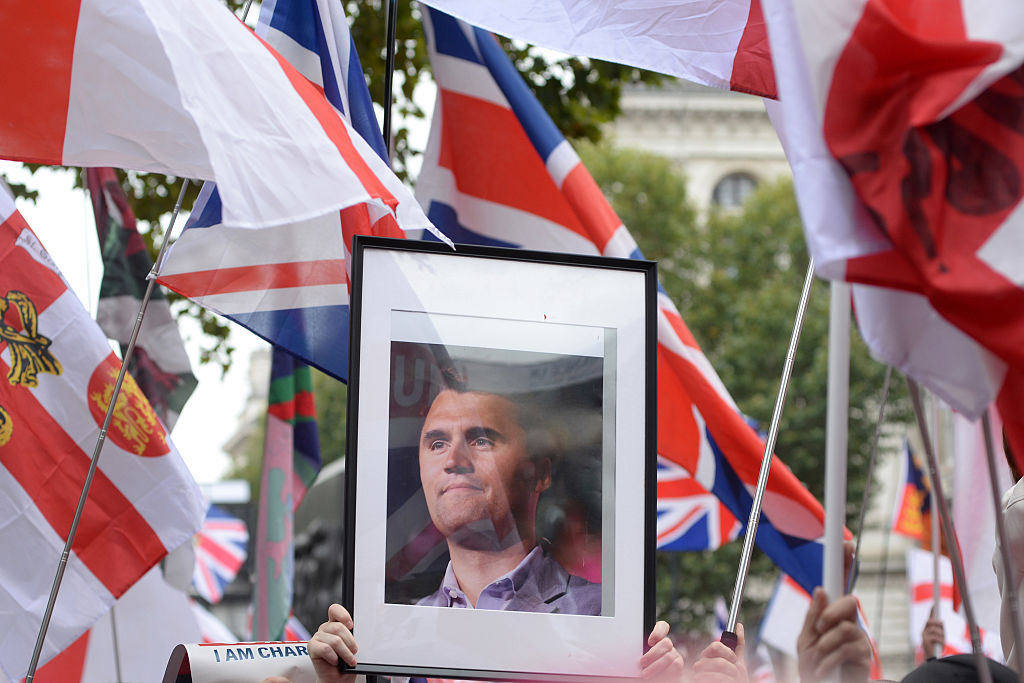
Robinson, the former English Defence League founder involved in numerous legal battles and right-wing activist actions, framed the rally as a stand against what he saw as the erosion of British identity.
“Today is the spark of a cultural revolution,” he declared to the throng, his voice booming over the cheers. “This is our moment – a tidal wave of patriotism.”
Aerial footage captured rivers of red, white and blue surging past Parliament, with chants of “Oh Tommy Tommy” mingling with calls to “send them back” – pointed barbs at small-boat crossings and what some perceive as unchecked immigration.
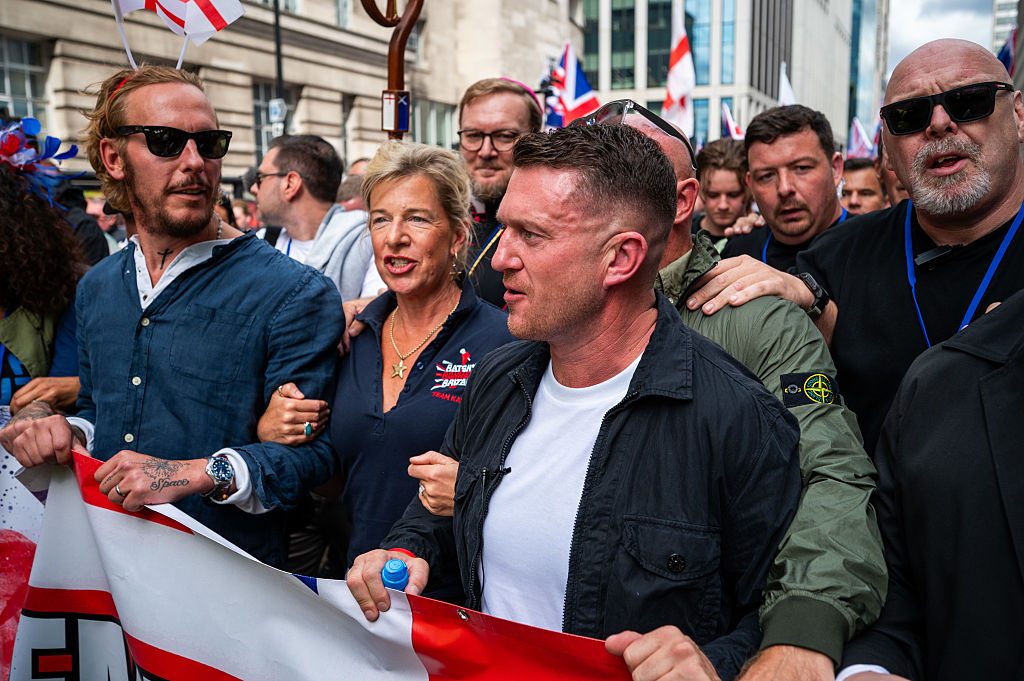
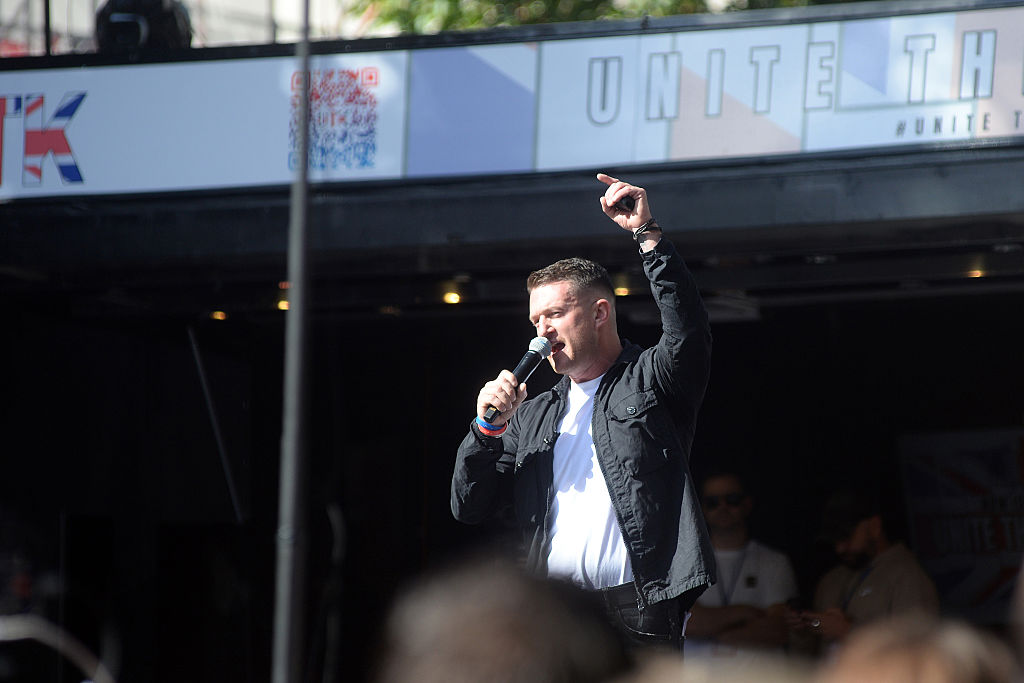
The atmosphere, for the most part, was electric rather than explosive – families picnicking on the grass, impromptu sing-alongs of Sweet Caroline.
Trevor Phillips, the former TV news broadcaster and chair of several groups, said on Sky News it was a diverse crowd marching for myriad reasons, from housing woes to free-speech fears.
As the afternoon wore on, tensions simmered over. A rival Stand Up to Racism counter-protest, numbering around 5,000, was penned-in nearby and scuffles erupted when a minority of Unite members hurled bottles and breached barriers.
The Metropolitan Police, deploying 1,600 officers, reported 25 arrests and 26 injuries – four serious – branding the assaults “unacceptable violence”.
Business secretary Peter Kyle was swift to condemn the attackers, vowing they “will pay a price”, while Labour veteran Diane Abbott spoke of feeling “threatened”, sensing “something dark bubbling up in British society”.
Online, many were quick to point out that the Nothing Hill festival, in the multicultural areas of London, saw a lot more violence and arrests but that it received almost no condemnation from the politicians.
